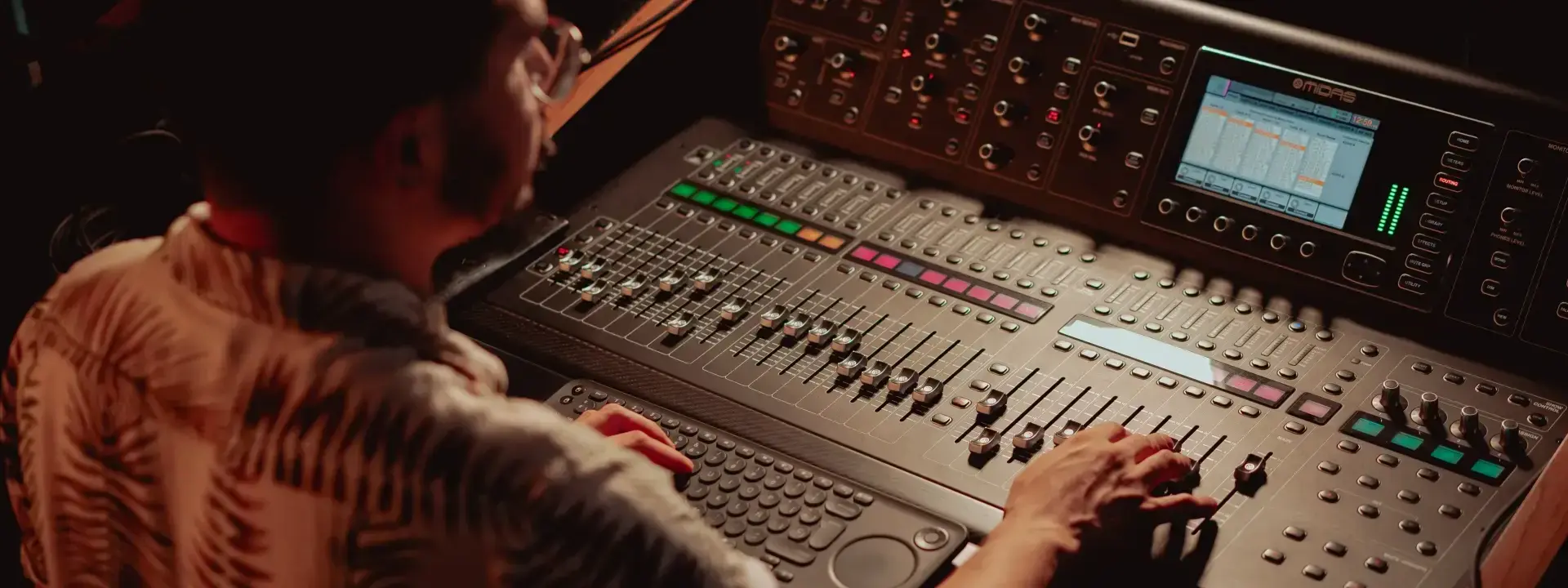
Sound Technician Job Description
What is a Sound Technician Professional?
A sound technician is someone who works with sounds and audio equipment. They can work in a number of different settings, such as recording studios, live venues, and film production studios. As a sound technician, you would be responsible for setting up, operating, and maintaining the audio equipment. This would include microphones, mixers, amplifiers, and speakers. You would also be responsible for choosing the right type of equipment for each situation. In a recording studio, you would work with artists to capture their music on tape or digital format. This would involve setting up the recording equipment and making sure it is working properly. You would also be responsible for mixing the recorded tracks and adding effects if necessary. Live venues are another common place where sound technicians work. Here you would be responsible for providing excellent sound quality for the audience. This means setting up and operating the PA system as well as any other audio equipment that may be needed.
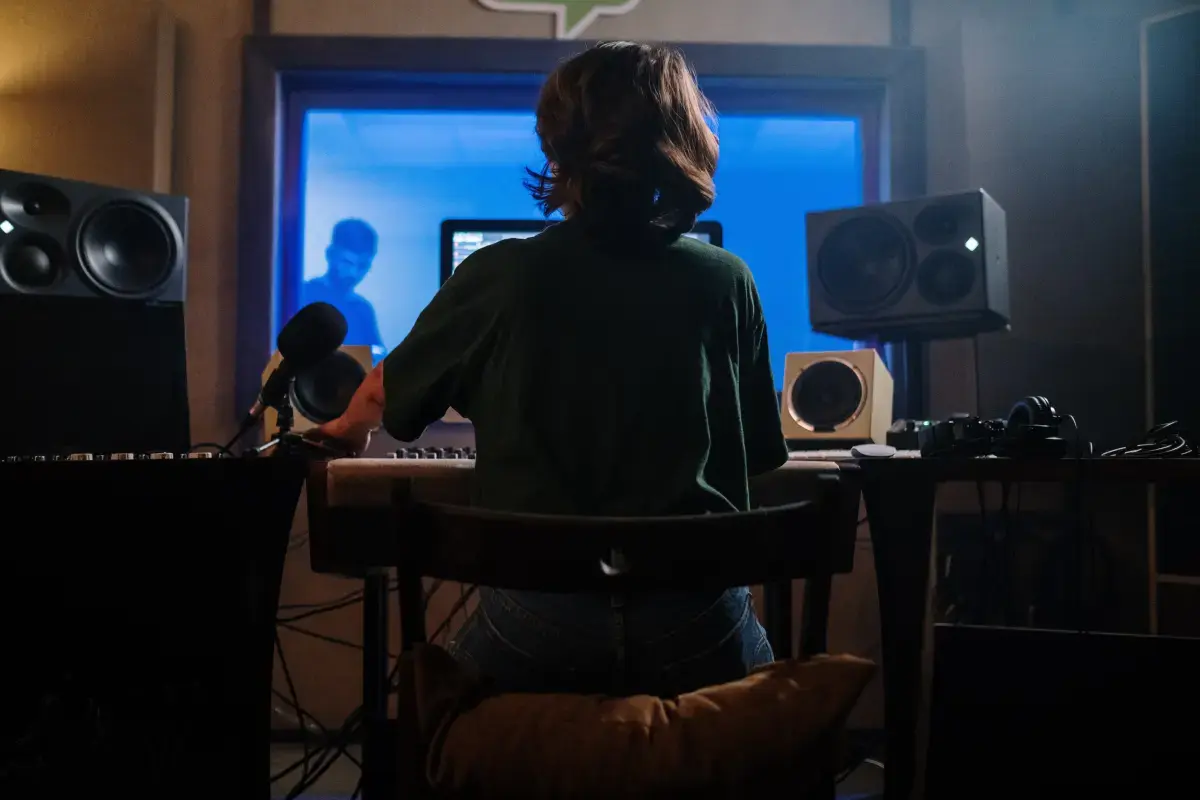
What does a Sound Technician Expert do?
You would also need to make sure that all of the microphones are working properly so that the performers can be heard clearly by the audience members. Film production studios also employ sound technicians to create sounds for movies and television shows. This could involve creating Foley effects or dialogue replacement sounds. You would need to have an understanding of how to use different types of audio equipment in order to create these sounds effectively

What are the Skills of a Sound Technician?
As technology continues to evolve, the role of a sound technician is becoming increasingly important in live music venues and recording studios. A sound technician is responsible for operating audio equipment and ensuring that the quality of the sound is up to par. In order to be a successful sound technician, one must have a keen ear for detail and be able to work well under pressure. One of the most important skills that a sound technician can possess is the ability to troubleshoot audio problems quickly and efficiently. There are always going to be unforeseen issues that arise during a live event or studio session, so it’s important to be able to think on your feet and determine what the problem is so that it can be fixed in a timely manner. Additionally, being familiar with a variety of audio equipment is also beneficial since different venues and studios will use different types of gear.

What makes an Expert Sound Technician?
Another key skill for sound technicians is having excellent time management skills. Often times, there are multiple tasks that need to be completed before an event begins and everything needs to run smoothly in order for the show to go off without a hitch. This means that every task must be given its due attention and prioritized accordingly. Additionally, being able to multitask effectively is also crucial since there are usually multiple things happening at once during a live show or recording session. Last but not least, having strong people skills is also essential for anyone working in audio production. This industry relies heavily on teamwork so it’s important to be able communicate effectively with those you’re working with in order to maintain good working relationships. Sound technicians need to have patience when dealing with challenging situations as well as the ability take constructive criticism from clients or producers in order create the best possible product
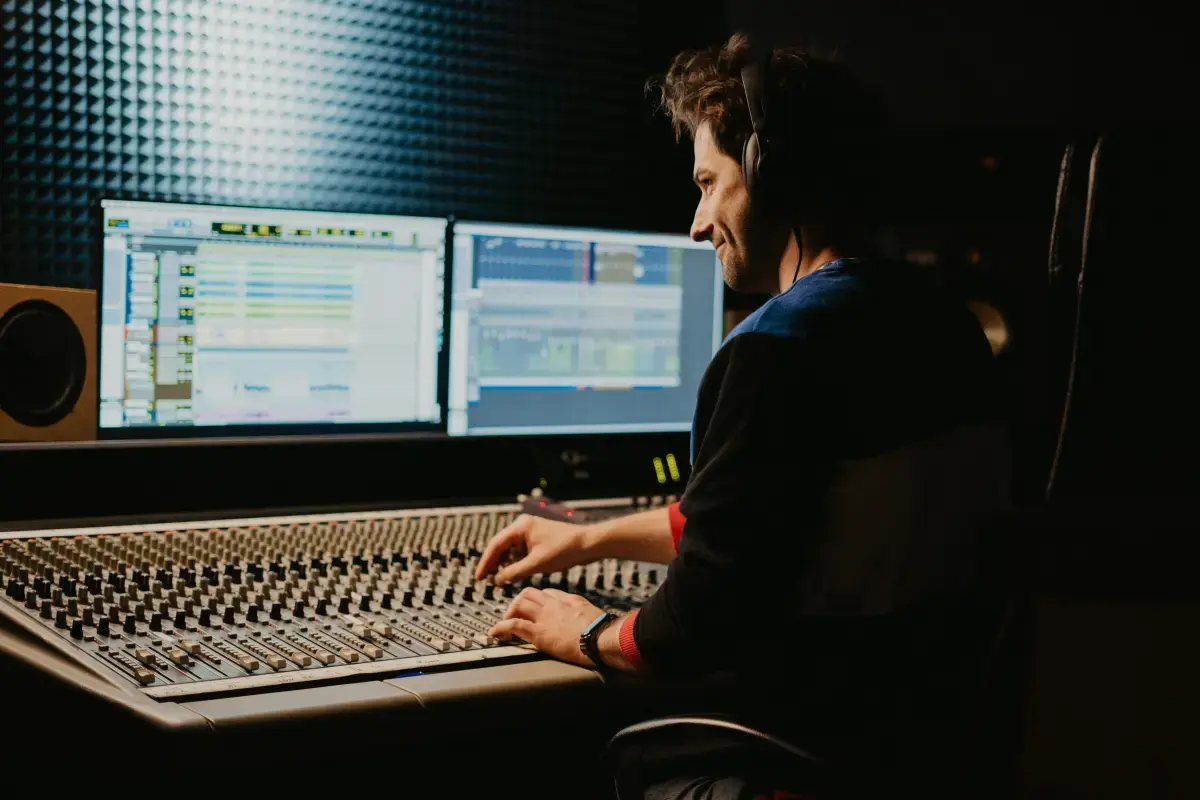
What level of Experience & Qualifications are required to be a Sound Technician?
Industry Experience: -Minimum of 3 years working as a sound technician, or comparable experience in the audio industry. -Experience with mixing and mastering techniques, including EQing, compression, etc. -Ability to operate various types of audio equipment such as mixers, microphones, amplifiers and PA systems. -Familiarity with recording software and digital interfaces such as Pro Tools and Avid Studio. Training/Certifications: -Relevant training courses or certifications in sound engineering/production. Qualifications: -High school diploma or equivalent is usually required for entry level positions in the field. Education: -Associates degree or bachelor’s degree in music production/audio engineering from an accredited college is preferred but not always necessary
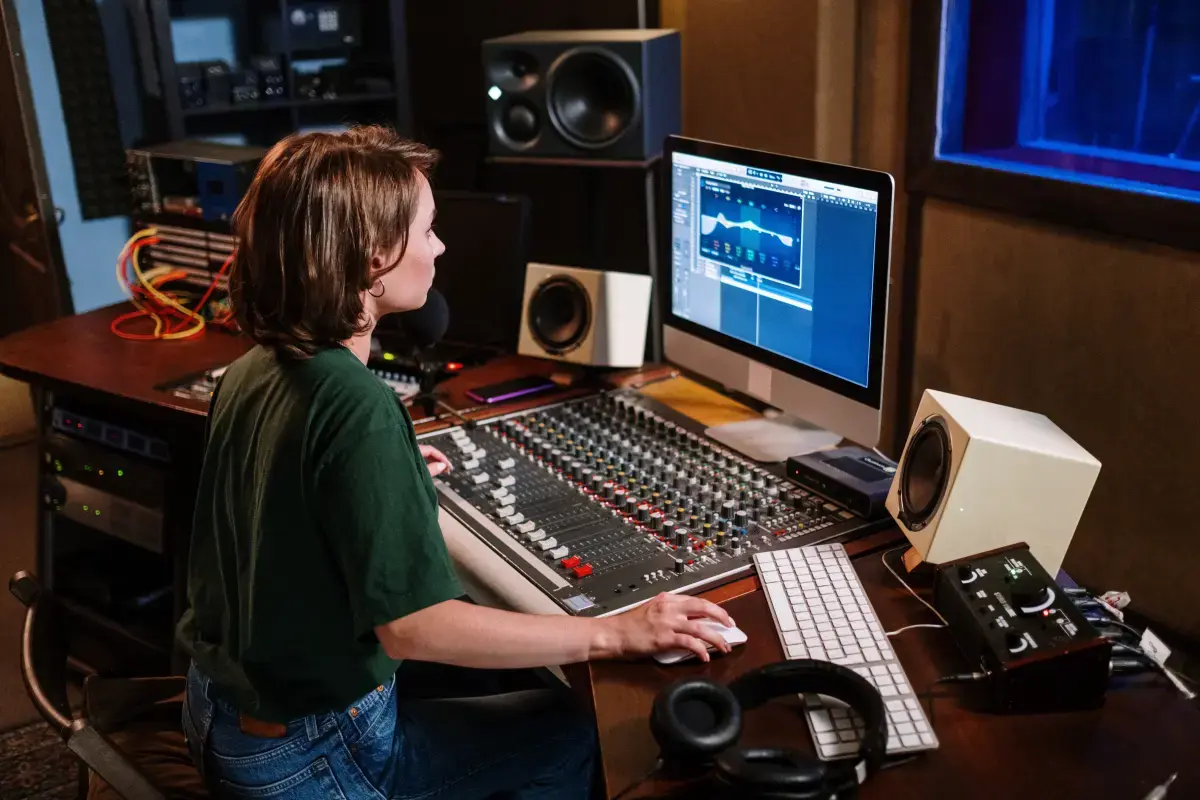
What is the Salary of a Sound Technician?
The salary range for a sound technician can vary significantly depending on the type of job, level of experience, and location. For junior-level sound technicians, salaries typically start at around $25,000 to $30,000 per year. As they gain more experience and skills in their field, they may be able to increase their wages up to approximately $50,000 annually. Senior-level sound technicians usually make between $65,000 and $90,000 per year. Those who specialize in particular areas such as post-production or live events may command even higher salaries than those listed above. Location also plays an important role when it comes to determining a sound technicians wage; larger cities tend to offer higher pay than smaller towns or rural areas do.
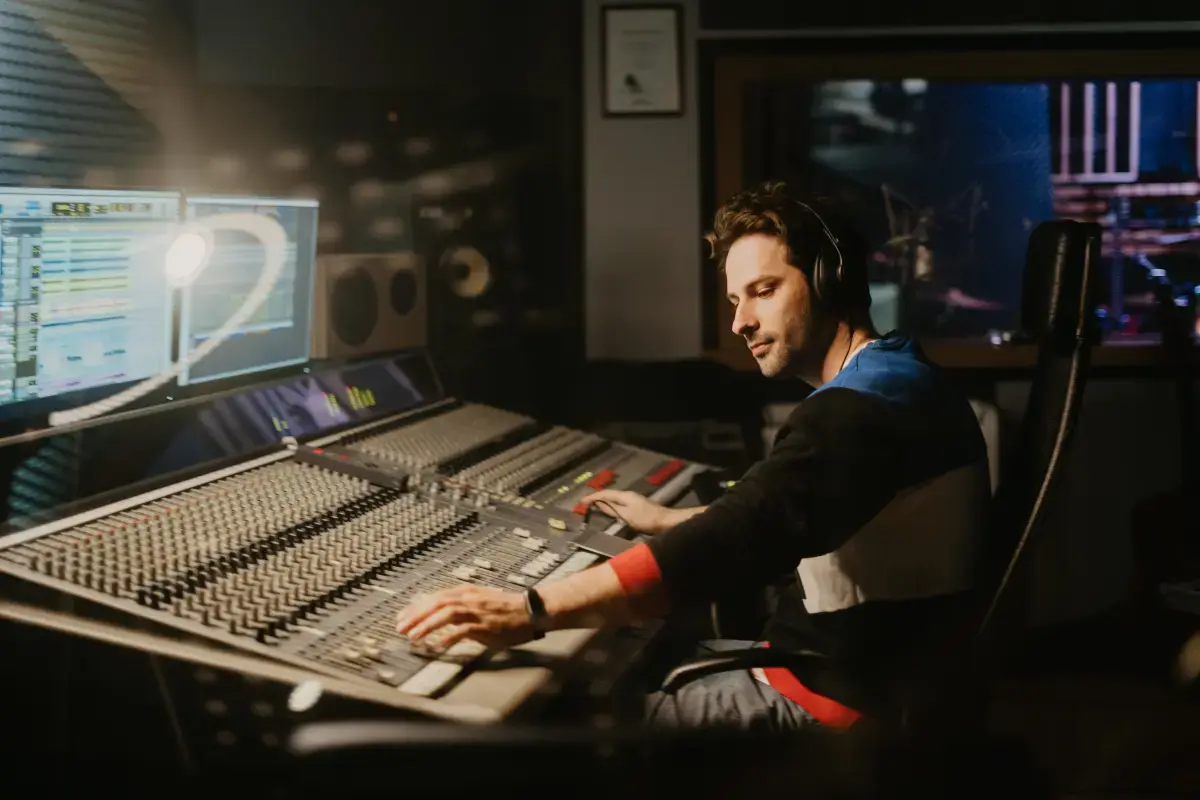
What are the Working Conditions for a Sound Technician?
The general working conditions for a sound technician may vary depending on the specific job. Generally, a sound technician is responsible for setting up and operating audio equipment in order to record, amplify, mix or reproduce music, speech and other sounds. They usually work in recording studios, theaters or live concert venues. Sound technicians must be able to identify any technical issues with the audio system quickly and accurately. They should have good problem-solving skills and be knowledgeable about all aspects of audio technology such as microphones, mixing consoles and digital signal processing (DSP). In addition to setting up equipment correctly before shows/recording sessions, they also need to maintain it afterwards by cleaning cables and checking components for wear or damage. In terms of hours worked per week this can range from part-time jobs lasting 8-10 hours per week in smaller establishments such as radio stations or local theaters; up to full time positions of 40+ hours at larger organizations like TV networks or large performing arts centers where overtime may also be required due to workloads. Depending on the employer shift patterns may differ but most will involve evening/night shifts that cover live performances which often extend late into the night so flexibility is essential here too! Sound technicians are typically paid hourly wages instead of salaries although some employers do offer salary packages based upon experience level & qualifications held by applicants so it’s important for prospective employees to research their options thoroughly beforehand when applying for these roles.

What are the roles and responsibilities of a Sound Technician?
Receives and carries out instructions from the audio engineer or other designated personnel.
Mounts, assembles, and electrically connects microphones.
Operates sound reinforcement and recording equipment during performances and recording sessions.
Sets up monitors and mixes onstage monitor systems during performances.
Places microphones on, around, and sometimes in performers, according to their positions on stage or location in the room, using mic stands, booms, clamps, tape etc…
Connects cables between various types of audio equipment while paying careful attention to avoid crossing signals (“phasing”).
Communicates with performers onstage via headphones during rehearsal and performance when needed to give them cues or make adjustments to their levels independently of the main mix being sent to the house speakers system
(In film/TV productions) Follows cues from the director/producer for desired microphone placement will making sure not to block actors’ movements or get them into shots not intended by the camera crew
(In music venues) Mixes signals from a variety of sources such as musical instruments, voices,...
Operates audio consoles or other types of control surfaces to adjust volume levels, create sound effects, etc
Uses audio editing software to manipulate recorded sounds
Maintains and repairs audio equipment
Selects and sets up microphones
Selects music or other sounds for specific purposes such as creating atmosphere during a restaurant dinner oras on-hold message for a companys telephone system
adjusts sound settings in response to visual cues such as actors’ movements
(In multimedia productions) Records and edits audio tracks
(In live theatre) Prompts actors with their lines off-stage if they forget them during a performance (also known as “cuing”)
(In live concerts) Works with the artist(s) to create their desired sound mix
Places and aims microphones
Runs Consoles
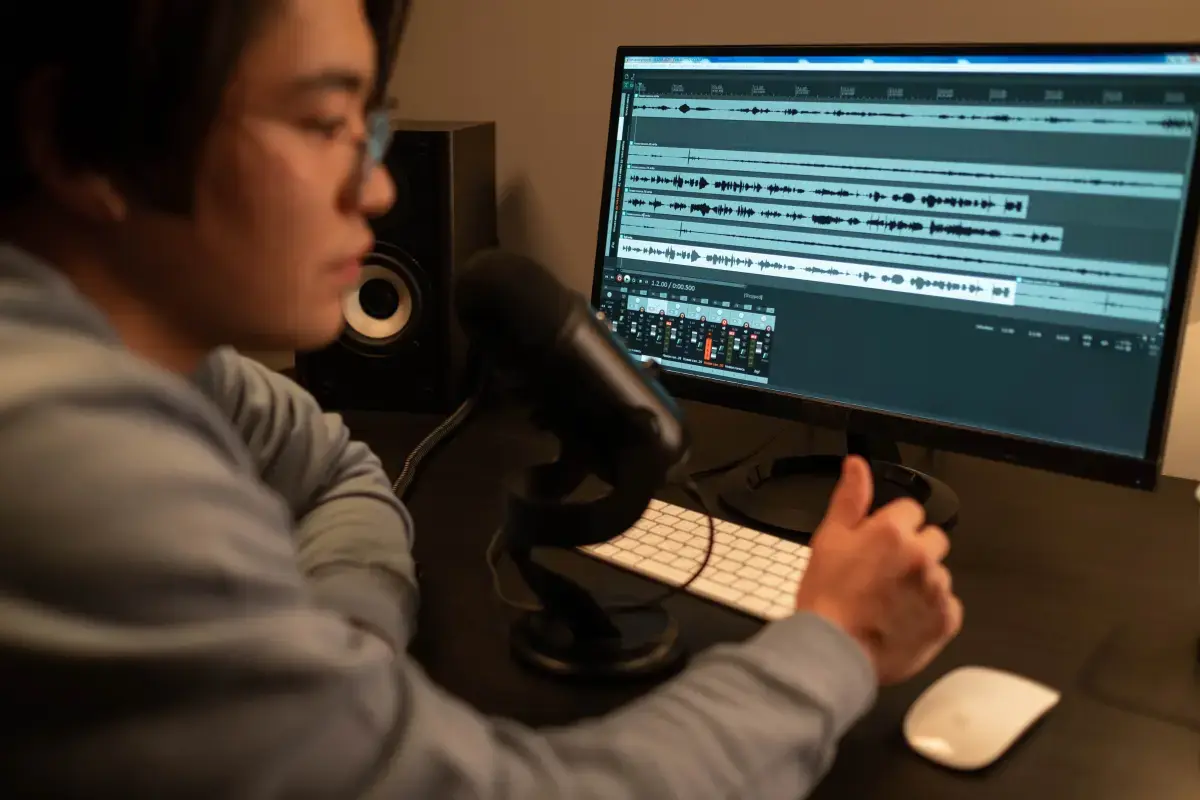
Where can I find Sound Technician jobs?
- Create a profile on gigexchange and promote your Sound Technician skills to advertise you are Open to New Work Opportunities
- Ensure your Resume (or CV), or online work profile is up to date and represents your skills and experience. Ensure your reputation reflects your ability & attitude.
- Apply for Sound Technician Jobs advertised on gigexchange.
- Practise Sound Technician interview techniques to ensure you represent your personality and ability succinctly and confidently.
- Accept the job offer if the salary meets your expectations and the employer mission and purpose reflects your core values.
Jobs
What are the best job boards for Sound Engineer jobs?

How can I hire Sound Technician staff online for my business?
The best job board for recruiting Sound Technician experts is gigexchange.com. Advertise full-time, part-time or contract jobs to find, hire & recruit trusted, experienced and talented Sound Technician candidates near you.
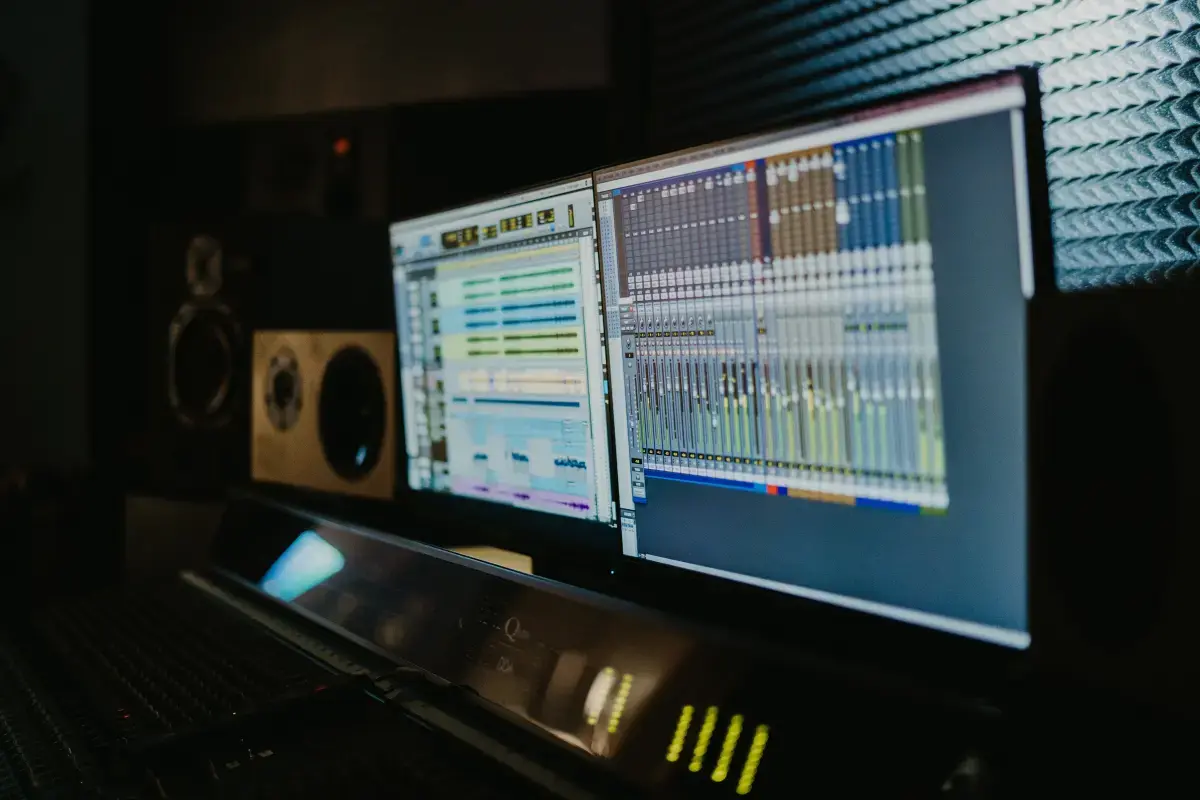
Are Sound Technician roles in demand in 2026?
Sound Technician experts are still in high demand in 2026. If you are an experienced Sound Technician or looking to train and become one. The job market is looking strong for Sound Technician jobs near me.